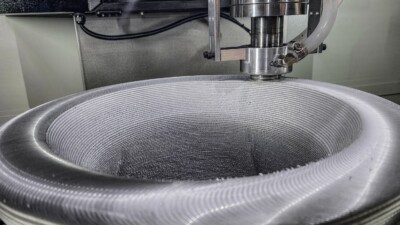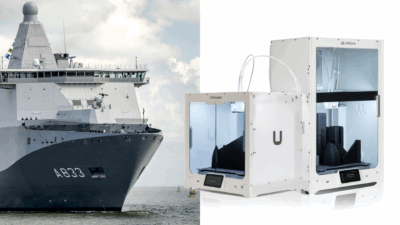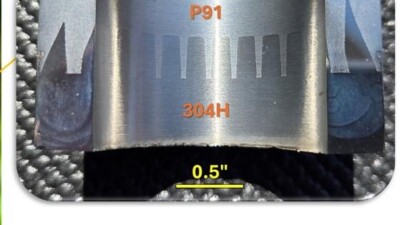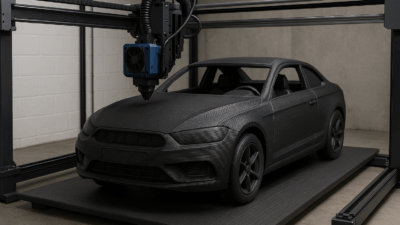Oqton MOS and 3DXpert divested to Hubb Global Holdings.
3DXpert for SOLIDWORKS (IMAGE: 3D Systems)
If you’re going to talk about software these days, it seems to be a requirement that you use the phrase ‘artificial intelligence’ at least once. (Not so long ago, you could have said the same thing about ‘blockchain’. How’d that one turn out?)
That certainly holds true for the latest announcement from 3D Systems, which led the press release that it would be selling off its Oqton Manufacturing Operating System (MOS) and 3DXpert business by emphasizing its decision to focus on its proprietary polymer software 3D Sprint as a response to “the transformative potential of artificial intelligence in additive manufacturing.”
The more brand-agnostic software platforms are being sold to Hubb Global Holdings, a “strategic investment group” that doesn’t seem to appear on the web outside of this particular announcement, including on the LinkedIn pages of its apparent principals, Steve Lokam and Kalyan Yenneti.
“This strategic investment is aimed at significantly expanding [Hubb Global Holdings’] core capabilities, strengthening sales and service infrastructure, and driving broader industry adoption,” reads the press release. Given the evident lack of information about Hubb Global Holdings, those first two points seem inevitable. Whether broader industry adoption also obtains as a result remains to be seen, but I’m not optimistic.
So, whence the divestment?
It’s not the first move of this kind from 3D Systems this year, with the sale of Geomagic to Hexagon going through earlier this year. The expectation that this latest sale will close in Q4 of 2025 suggests that 3D Systems is pulling back from a strategy of pushing the broader adoption of 3D printing technology to focus on driving revenue and share price via a closed ecosystem of hardware, software, materials, and services.
That’s more or less the message from CEO, Jeffrey Graves: “Our Company is focused on enabling customers to fully leverage the advantages of additive manufacturing in their production environment,” he said in the press release. “We make this possible by providing fully integrated additive manufacturing solutions comprising 3D printing hardware, materials, software, and services to customers worldwide. We believe it’s critical to continue to invest in R&D to drive innovation in all elements of our solutions—focusing these investments where they can make the biggest impact for our customers and shareholders.”
Reading between the lines, it seems as though 3D Systems could be backing away from metal additive manufacturing (AM) entirely for the sake of concentrating on polymers. Whether from a technical or business standpoint, that’s not a bad bet: metal AM is significantly younger and less standardized than its polymer counterpart, and 3D Systems already has an enormous polymer materials portfolio, roughly three times the size of its metal offerings.
That leaves the fate of Oqton MOS and 3DXpert uncertain, especially in the hands of an unknown investment group whose principals have no evident experience with metal AM. It’s disheartening to see printer-agnostic software platforms fall by the wayside when the additive industry seemed to be coming around to the mindset that success can’t come from closed ecosystems and a rising tide lifts all boats.
